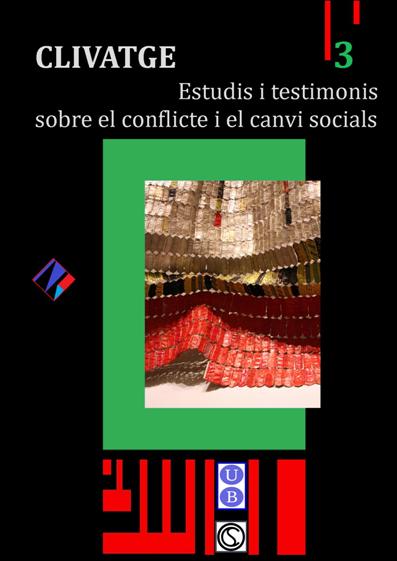Sociodicy
Article Sidebar

Main Article Content
Salvador Giner
Sociodicy, the worldly version of theodicy, is the social explanation and justification of evil. As an integral part of any ideology, it identifies culprits or attributes causes to evils and damages that are socially caused, at the same time that it legitimates a certain social order. In this essay, this concept and its moral dimension are analyzed, and many examples of sociodicy are examined, from the Marxist and Parsonian ones to those related to terrorism, Catholicism, neoliberalism, totalitarianisms, social networks and anti-capitalist movements, among others. For the author, the philosophical and sociological tradition which took shape in the study of ideology and the cartography of evil should be enriched with a rigorous and systematic consideration of what sociodicy means for human culture.
Keywords
inequality, injustice, social order, ideology, morality
Article Details
How to Cite
Giner, Salvador. “Sociodicy”. Clivatge. Revista d’estudis i testimonis sobre els conflictes i els canvis socials, no. 3, pp. 32-50, https://raco.cat/index.php/clivatge/article/view/290879.
Rights
Copyright
AUTHORS RETAIN COPYRIGHT. CREATIVE COMMONS
The authors who publish in this journal agree to the following terms
- The authors retain the copyright and grant the journal the right of first publication of the work, which will be disseminated following the Creative Commons Attribution license.
- Authors are free to establish additional independent contractual agreements for the non-exclusive distribution of the version of the work published in the journal (such as publication in an institutional or thematic repository, their personal website or a book), provided have your initial publication in this journal recognized.
- Texts will be published under a Creative Commons Attribution License that allows others to share the work, provided they include an acknowledgement of the work’s authorship, its initial publication in this journal and the terms of the license.
- Self-archiving of pre-print and post-print versions is allowed.